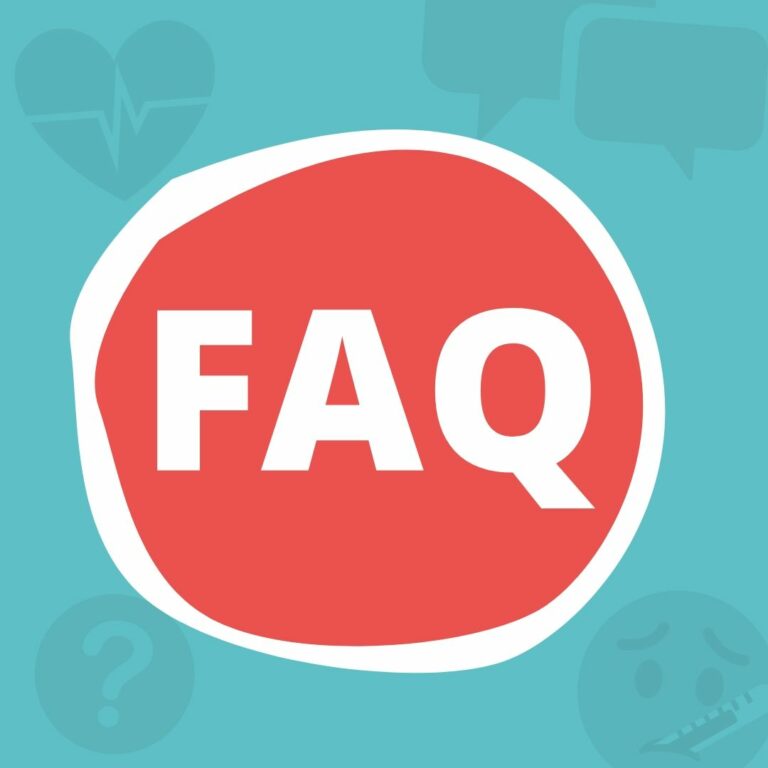[vc_row][vc_column][vc_single_image image=”8863″ img_size=”1200×500″][vc_column_text]Here are some of the frequently asked questions that our Croí team have covered this week in relation to COVID-19. We will keep this page updated regularly. The Croí Health Team are following National & International best practice guidelines and the advice of the HSE. Learn more at www.hse.ie.[/vc_column_text][vc_separator color=”turquoise”][vc_column_text]
1. Why are older adults and people with chronic health conditions at higher risk of more serious illness if they catch coronavirus COVID-19?
As we age our immune systems grow weaker, which makes it more challenging for older adults to fight off infectious diseases. Chronic health conditions are more common as we get older. These conditions like heart disease, stroke, lung disease, diabetes, cancer or high blood pressure might mean your immune system isn’t as strong as others when exposed to viruses.
If you have a heart condition the virus could affect your heart in several ways. It is mainly associated with the lungs but if your diseased heart has to work harder to get oxygenated blood throughout the body, it may cause an extra strain. This can worsen problems for people with heart failure, where the heart is already struggling to pump blood efficiently.
[/vc_column_text][vc_separator color=”turquoise”][vc_column_text]
2. I’ve heard that high blood pressure or my blood pressure medications could cause more severe Covid-19 infection – should I stop taking my blood pressure tablets?
It is always important to take any heart medication your doctor has prescribed, and even more so when you are at risk of being exposed to the COVID-19 virus. By taking your medication, you can better protect your heart, which can help protect you against complications of COVID-19 if you do get it.
It has been suggested, especially on social media sites, that commonly used medications (see list below) used to treat high blood pressure and certain heart conditions may increase the risk of infection and the severity of COVID-19. Because of this, patients taking these drugs for their high blood pressure and their doctors have become increasingly concerned, and, in some cases, have stopped taking their medications.
It is important to highlight that this information is speculation and does not have a sound scientific basis or evidence to support it. Best practice guidelines from the European Society of Cardiology Council on Hypertension strongly recommend that physicians and patients should continue treatment with their usual anti-hypertensive therapy.
Blood pressure medications:
- Angiotensin converting enzyme inhibitors (ACE-i)
- common examples include Capoten (captopril), Tritace (ramapril), Coversyl (perindopril), Vasotec (enalapril) Prinivil, Zestril (lisinopril) Lotensin (benazepril)
- Angiotensin Receptor Blockers (ARBs)
- common examples include Atacand (candesartan), Teveten (eprosartan), Micardis (telmisartan), Diovan (valsartan), Cozaar (losartan), Benicar (olmesartan)
[/vc_column_text][vc_separator color=”turquoise”][vc_column_text]
3. I have a chronic heart condition… What can I do to reduce my risk?
For heart and stroke patients, prevention is key. If you are in an at-risk group or caring for someone in an at-risk group, you should follow the HSE general advice on how to protect yourself from coronavirus.
Cocooning is now recommended for all individuals aged 70 and over or those who have underlying medical conditions, visit the cocooning section of our website to see if you fall into this category. If you are not advised to cocoon you should still stay at home as much as possible, only leaving the house when needed such as to attend medical appointments or for food shopping. For further information, see our COVID-19 advice page. In addition to the general advice, do your best to keep your condition well-controlled. That means:
- Follow your doctor’s advice including taking medications as directed.
- If possible, get a 90-day supply of your prescription medications so you don’t have to go regularly to the pharmacy to pick them up.
- Have a plan for if you do get sick
- Watch your health for new symptoms
- Stay in touch with family, friends, neighbours as you may need to ask for help if you become sick
- Have a backup plan for who can care for you if your caregiver gets sick
- If you are family/caregiver
- Know what medications are prescribed and make sure supplies are on hand
- Have a backup plan to make sure food and other supplies needed are available
- Determine who can take over if you become sick
[/vc_column_text][/vc_column][/vc_row]
